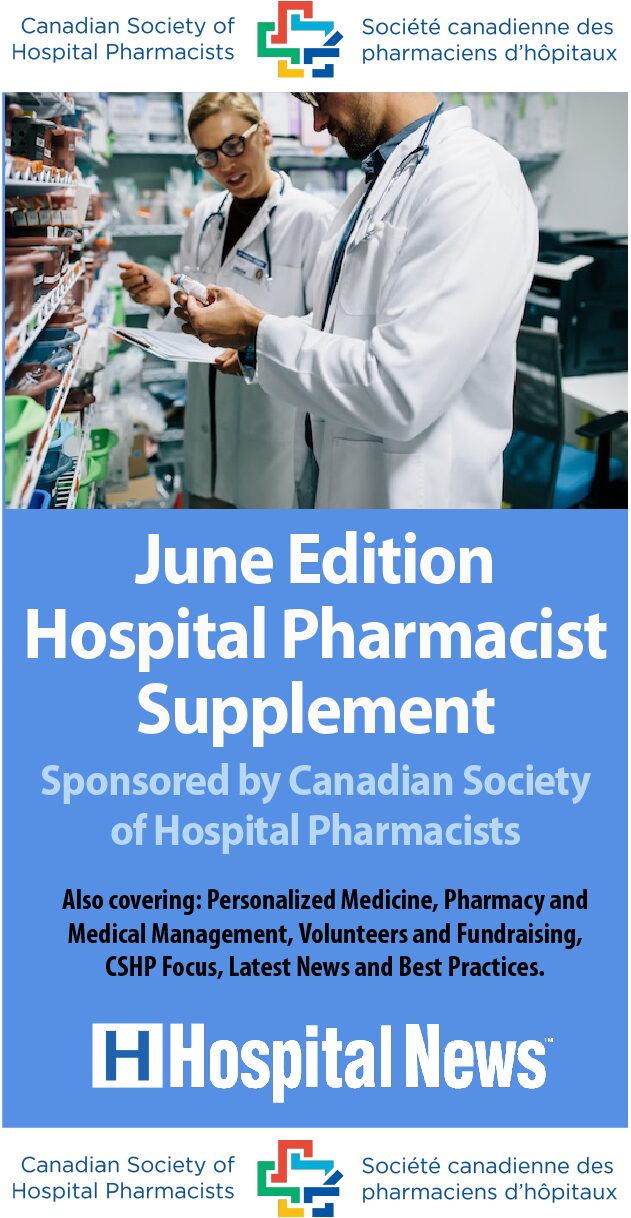****Sponsored Content****
By Cara Rosenbloom
Colorectal cancer is the fourth most common cancer in Canada and is more common among men than women.1 Over 24,000 Canadians will be diagnosed with colorectal cancer in 2022, representing 10 percent of all new cancer cases.2 Research shows that certain dietary patterns can help reduce the risk of developing colorectal cancer. This includes diets that are high in fibre, calcium, and dairy products.3
Studies from the World Cancer Research Fund and the American Institute for Cancer research (AICR) say there is “strong probable evidence” that dairy products decrease the risk of colorectal cancer.4 In their definition, “dairy” includes total dairy, milk, and cheese. Globally, diets that are low in milk and calcium, or are high in alcohol or cigarette use, are the main contributors to colorectal cancer.5
In addition to dairy foods, AICR says that milk products should be part of a dietary pattern that also includes whole grains, vegetables, fruit, and beans, since high fibre foods also decrease the risk of
colorectal cancer.6
Studies on milk and colorectal cancer
A 2020 systematic review and meta-analysis of dairy and colorectal cancer included 15 cohort studies and 14 case-control studies comprising a total of 22,000 people.7 Collectively, the studies showed that high consumption of total dairy products and total milk was associated with a lower risk of developing colorectal cancer. Cheese consumption was also inversely associated with the risk of colorectal cancer.
Another 2020 systematic review and meta-analysis looked at 31 prospective cohort studies. The researchers found a 29 percent lower risk of death from colorectal cancer in subjects with high dairy consumption compared with those with low intakes of dairy products.8
A 2021 meta-analysis looked at three cohort studies and nine case-control studies and found that fermented dairy products, such as cheese and yogurt, had a decreased risk of precursors of colorectal cancer. The risk decreased by 12 percent for an increment of 200 grams a day of total dairy, and by eight percent for an increment of 50 grams a day of yogurt.9 A 2022 meta-analysis further supported the link between fermented dairy foods and a decrease in colorectal cancer risk.10
Why are dairy products protective against colorectal cancer?
There’s no definitive reason why dairy is linked to reduced colorectal cancer risk, but researchers suspect that it’s likely linked to calcium, vitamin D, and probiotics found in dairy foods.11 Calcium seems to be the main component offering protection. In studies, total calcium intake of ≥1,400 vs. <600 mg/d was associated with a statistically significant lower risk of colon cancer.12 Other components in milk products that may have a protective effect include conjugated linoleic acid, butyric acid (a short-chain fatty acid), lactic acid bacteria, and sphingolipids.13,14 Research is ongoing.
How much dairy should people consume?
There are no concrete recommendations for the exact amount of dairy foods to eat each day to reduce colorectal cancer risk, but studies show “inverse associations of colorectal cancer risk per 400 g/day of total dairy consumption and 200 g/day of milk consumption.”15,16 For perspective, one cup of milk is 240 grams.
Studies also show a seven percent lower risk of colorectal cancer with 50 grams a day of cheese consumption, and an inverse association of colorectal cancer risk with 200 grams per day of fermented dairy products such as yogurt and kefir.17
To reduce the risk of colorectal cancer, talk to patients about following a high-fibre diet that includes plenty of vegetables fruit, whole grains and beans, and make sure to recommend dairy foods as part of the balanced eating plan.
For more information, visit milk.org
Cara Rosenbloom RD is a registered dietitian, journalist and author in Toronto.
- https://cancer.ca/en/cancer-information/cancer-types/colorectal/statistics 2. https://cancer.ca/en/cancer-information/cancer-types/colorectal/statistics
- https://www.aicr.org/research/the-continuous-update-project/colorectal-cancer/ 4. https://www.aicr.org/research/the-continuous-update-project/meat-fish-dairy/
- https://www.thelancet.com/journals/langas/article/PIIS2468-1253(22)00044-9/fulltext 6. https://www.aicr.org/research/the-continuous-update-project/meat-fish-dairy/
- https://www.ncbi.nlm.nih.gov/pmc/articles/PMC6518136/ 8. https://aacrjournals.org/cebp/article/29/11/2309/72050/Dairy-Consumption-and-Risks-of-Colorectal-Cancer
- https://www.hindawi.com/journals/jo/2021/9948814/ 10. https://www.frontiersin.org/articles/10.3389/fonc.2022.812679/full
- https://www.gastrojournal.org/article/S0016-5085(15)00011-6/fulltext 12. https://onlinelibrary.wiley.com/doi/10.1002/ijc.30293
- https://pubmed.ncbi.nlm.nih.gov/33231228/ 14. https://www.tandfonline.com/doi/full/10.1080/15384047.2017.1345396
- https://aacrjournals.org/cebp/article/29/11/2309/72050/Dairy-Consumption-and-Risks-of-Colorectal-Cancer 16. https://onlinelibrary.wiley.com/doi/10.1002/ijc.31198
- https://aacrjournals.org/cebp/article/29/11/2309/72050/Dairy-Consumption-and-Risks-of-Colorectal-Cancer




